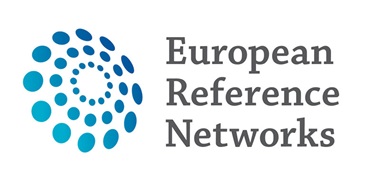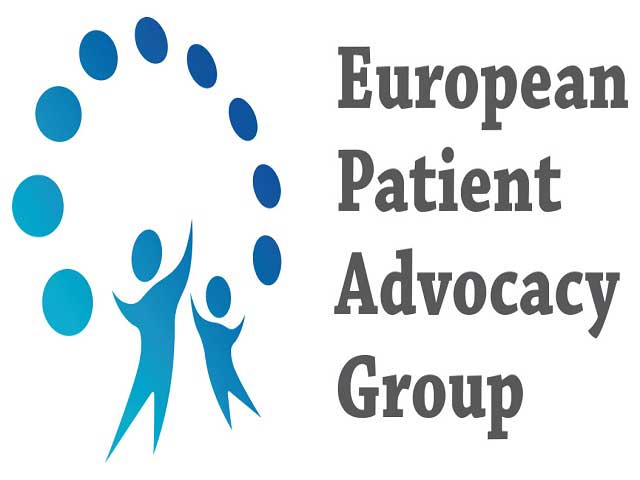
The added value of a patient organization extends not only to the patient but also to their family members. Especially in the case of chronic or rare conditions, the impact on the entire family can be significant. Below are some key benefits of a patient organization for the family of a patient.
Summary
For family members of a patient, a patient organization provides essential support in areas such as information, emotional aid, peer support, and practical guidance. By better informing family members and equipping them with the right resources, a patient organization helps them not only care for their loved one more effectively but also remain strong in often difficult circumstances.





